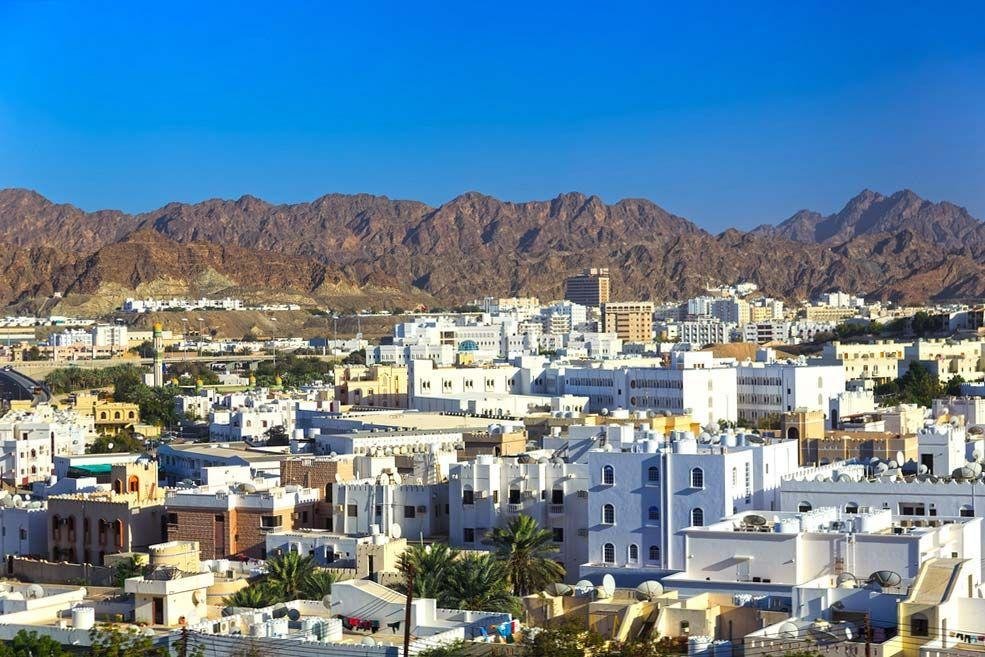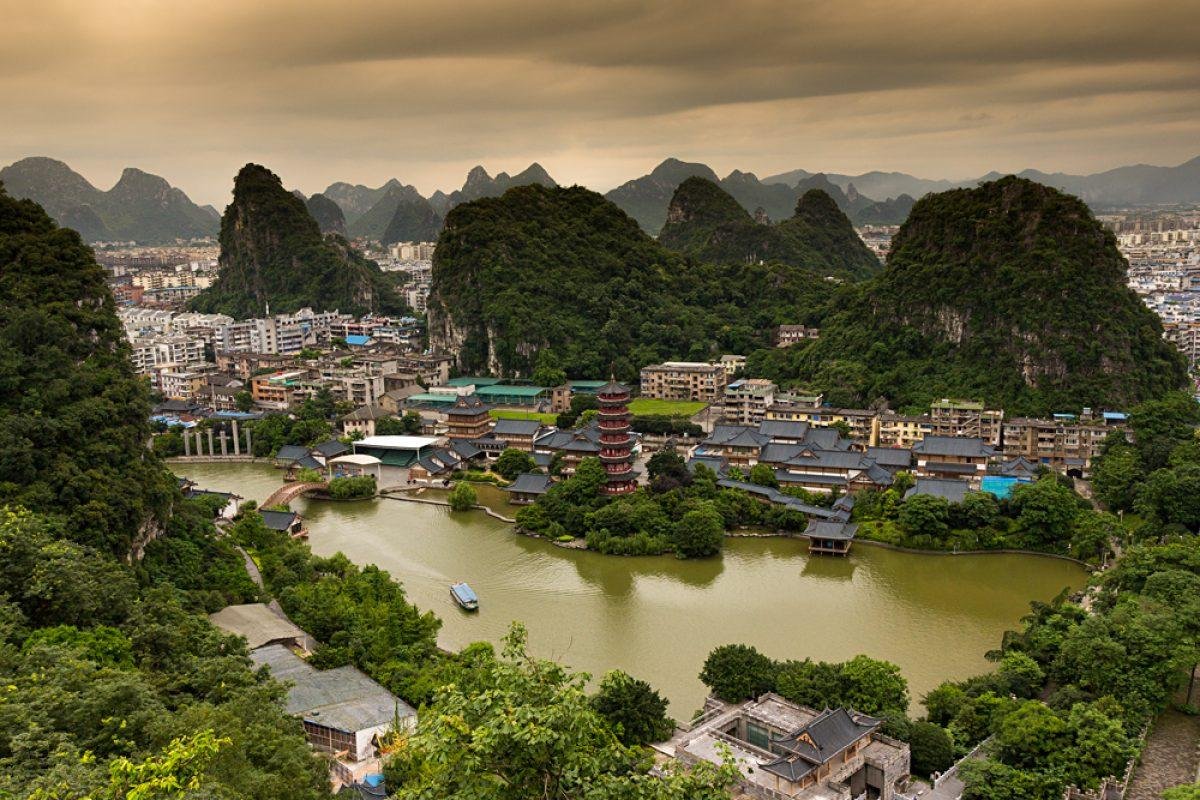Muscat, the capital city of Oman, is a captivating blend of traditional Arabian architecture and modern design, reflecti...
The Architectural Elegance of Munich: A Symphony of Styles

Munich, the capital of Bavaria, is renowned for its stunning architecture that seamlessly blends historical grandeur with modern innovation. This vibrant city, known for its rich cultural heritage, boasts a diverse array of architectural styles, from Gothic to Baroque and contemporary designs.
The centerpiece of Munich's architectural landscape is the iconic Marienplatz, a bustling square dominated by the impressive Neues Rathaus (New Town Hall). Completed in the late 19th century, this Neo-Gothic masterpiece features intricate carvings and a towering clock tower, which hosts the famous Glockenspiel that entertains visitors with its whimsical show.
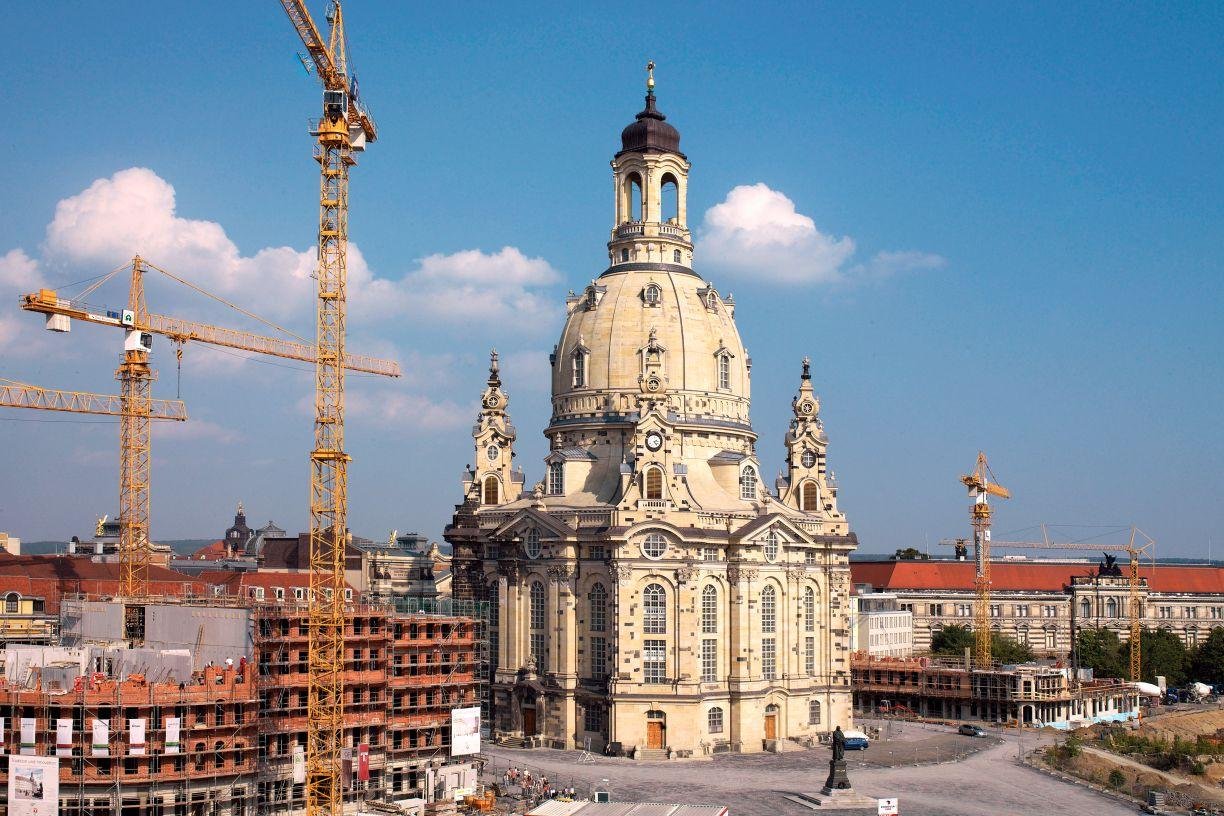
Nearby, the Frauenkirche (Cathedral of Our Dear Lady) stands as a symbol of Munich. Its distinctive twin onion domes dominate the skyline and exemplify the city’s Gothic architecture. Inside, the cathedral showcases stunning stained glass windows and a serene atmosphere, making it a popular destination for both tourists and locals.
Another architectural gem is the Residenz, the former royal palace of the Bavarian monarchs. This vast complex showcases an array of styles, including Renaissance, Baroque, and Rococo, reflecting the evolution of European architecture over centuries. The ornate interiors, lavish courtyards, and the stunning Antiquarium, with its collection of classical sculptures, transport visitors back in time to the opulence of royal life.
In contrast to these historical structures, the Allianz Arena is a modern architectural marvel. Home to FC Bayern Munich, this stadium is famous for its illuminated façade, which can change colors, creating a striking visual impact in the cityscape. Its innovative design and cutting-edge technology exemplify Munich's embrace of contemporary architecture.
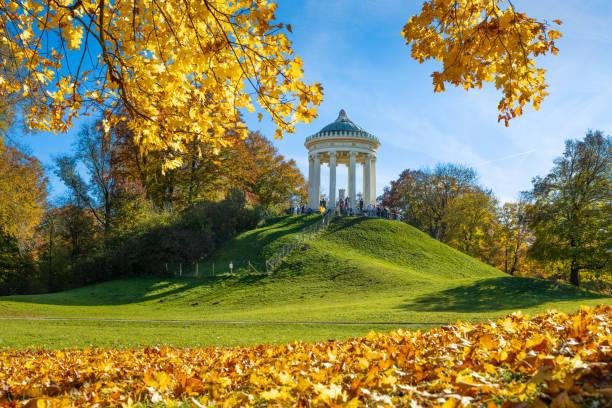
The Englischer Garten, one of the largest urban parks in the world, is another highlight of Munich’s architectural landscape. Designed in the 18th century, it features picturesque landscapes, traditional beer gardens, and charming pavilions. The park’s Chinese Tower and the Greek Temple of Apollo are prime examples of how nature and architecture intertwine in this expansive green space.
The city also embraces modern design in the form of the Pinakothek museums. The Alte Pinakothek, Neue Pinakothek, and Pinakothek der Moderne together form an exceptional art complex. Each building showcases distinct architectural styles while housing masterpieces from different eras, making it a cultural hub for art lovers.
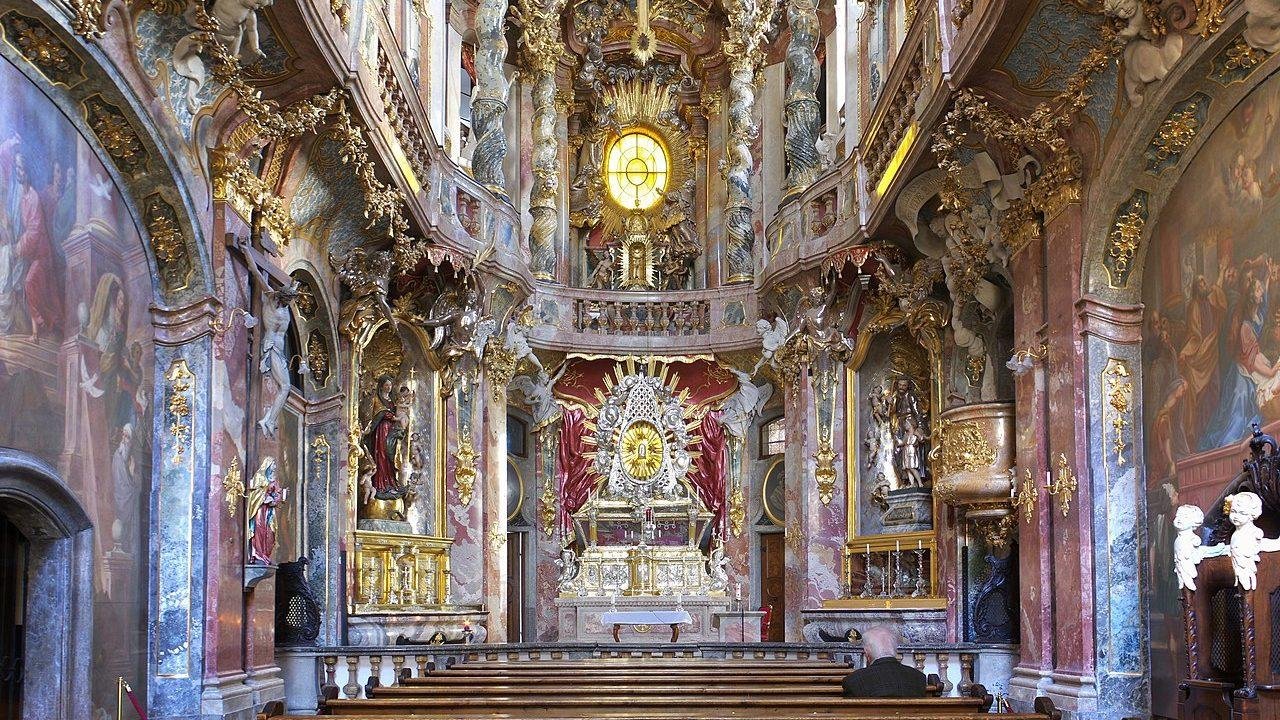
The Asam Church (Asamkirche), a hidden gem in the city, is an exquisite example of late Baroque architecture. Built in the 18th century by the Asam brothers, this small yet opulent church features stunning frescoes, intricate stucco work, and an awe-inspiring altar that captivates all who enter.
In the vibrant district of Schwabing, visitors can find a blend of historical and contemporary architecture. The area is known for its bohemian atmosphere, with charming streets lined with cafes, galleries, and art studios. The nearby Siegestor, a triumphal arch, serves as a reminder of Munich's historical significance and offers a striking contrast to the modern buildings surrounding it.
Munich’s commitment to sustainability is evident in projects like the Munich Airport, which incorporates eco-friendly design principles and innovative technology. The airport’s sleek and functional architecture reflects the city’s forward-thinking approach to urban development and transportation.
In conclusion, Munich's architecture is a captivating blend of historical elegance and modern innovation. From the grandeur of the Neues Rathaus to the contemporary design of the Allianz Arena, the city's architectural landscape tells a story of tradition, culture, and progress. Whether wandering through historic squares or exploring vibrant neighborhoods, visitors to Munich are treated to a remarkable journey through time, showcasing the city's unique architectural identity.
Share:

